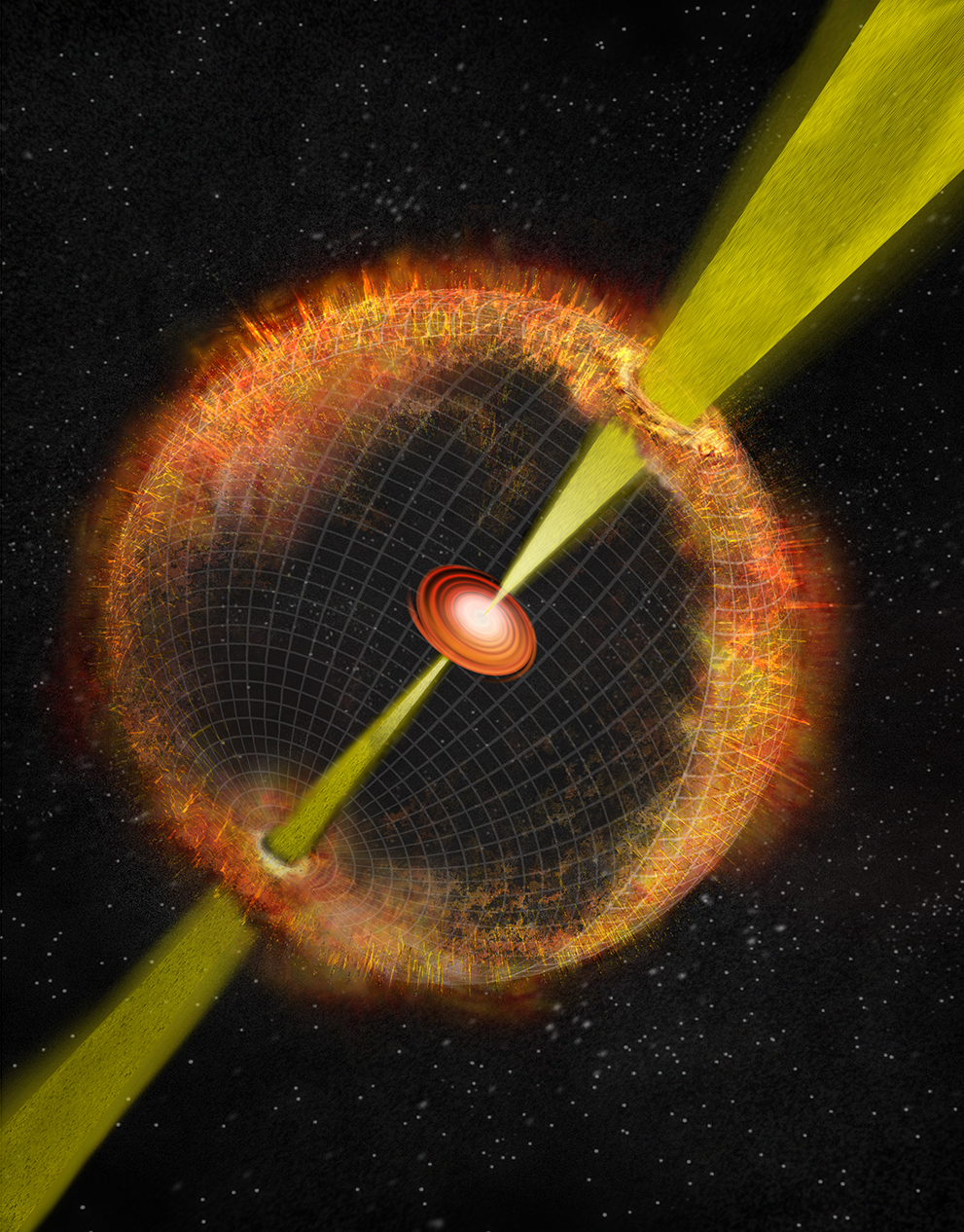Speed of Light in a Gravitational Field

Question:
GRAVITY AND SPEED OF LIGHT
According to the General Theory of Relativity, time passes slower in areas of higher gravitational fields. I have been told that atomic clocks, one set on a floor and one set on a table, have confirmed this aspect of the GT.
The physics dept of a university at the equator measures the speed of light at noon when the Sun and Moon are overhead during an equinox. They get a value C1.
They repeat the measurement 12 hours later at midnight when the Sun and Moon are on the opposite side of the Earth getting C2. (Could also do this by measurements on Earth and the Moon.)
At noon, the gravity of the Sun and Moon would reduce the net gravitational field of the Earth at the university and, by the GT, time would pass faster. At midnight, they all combine to increase the gravity resulting in time slowing down.
Since the distance would be the same in both, would C1 be slower than C2. If C1 = C2 then the speed of light has changed.
And, isn’t the speed of light at the Event Horizon for a Black Hole zero?
Answer:
I believe that this question has been answered, in a rather general sense, in my answer to “Is the Speed of Light Changed by Gravity?“. The speed of light is always the same. It is the paths that light travels when moving through space which contains different objects (gravity fields), and the time that it takes to traverse those paths, that change.





